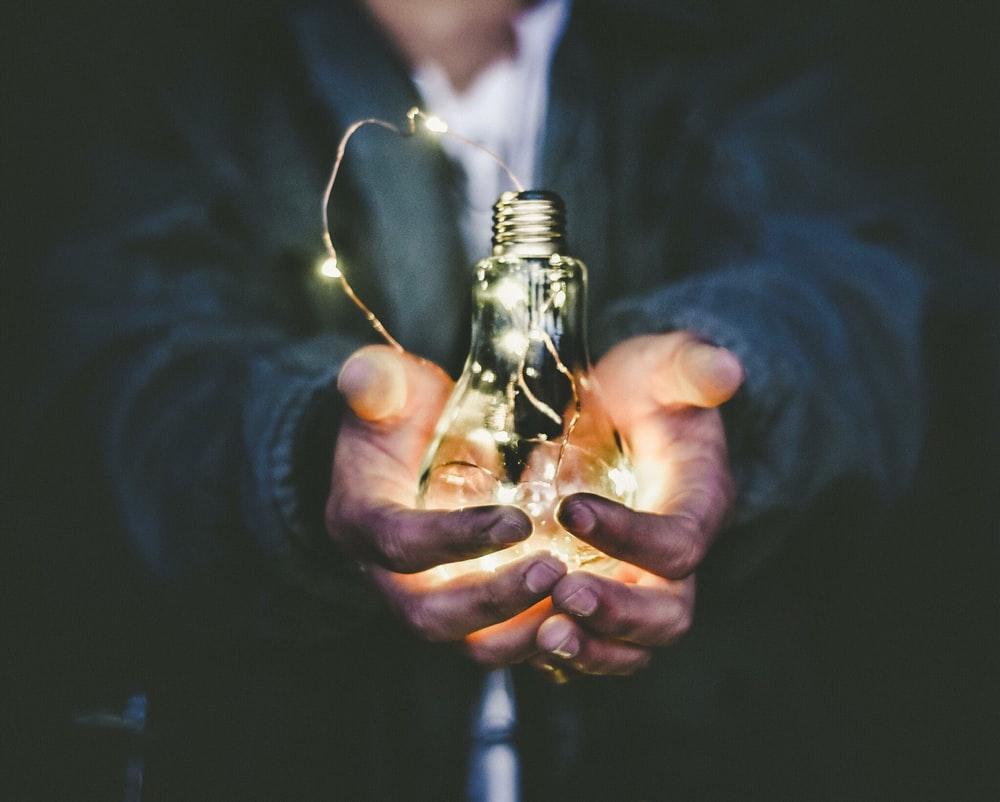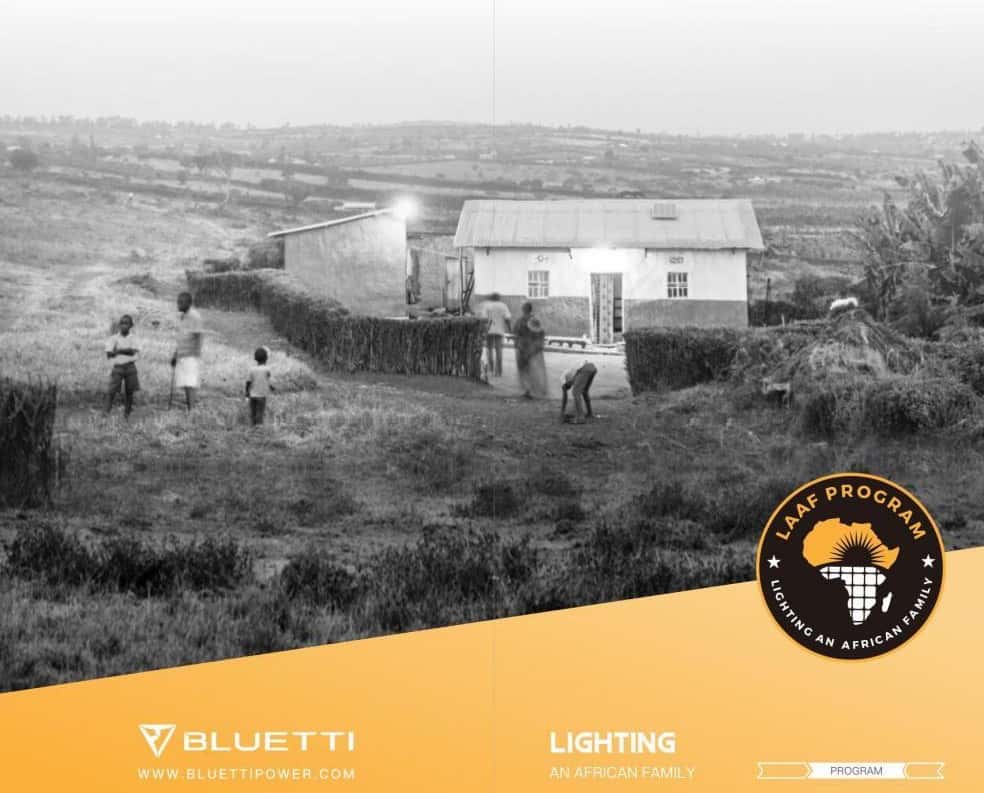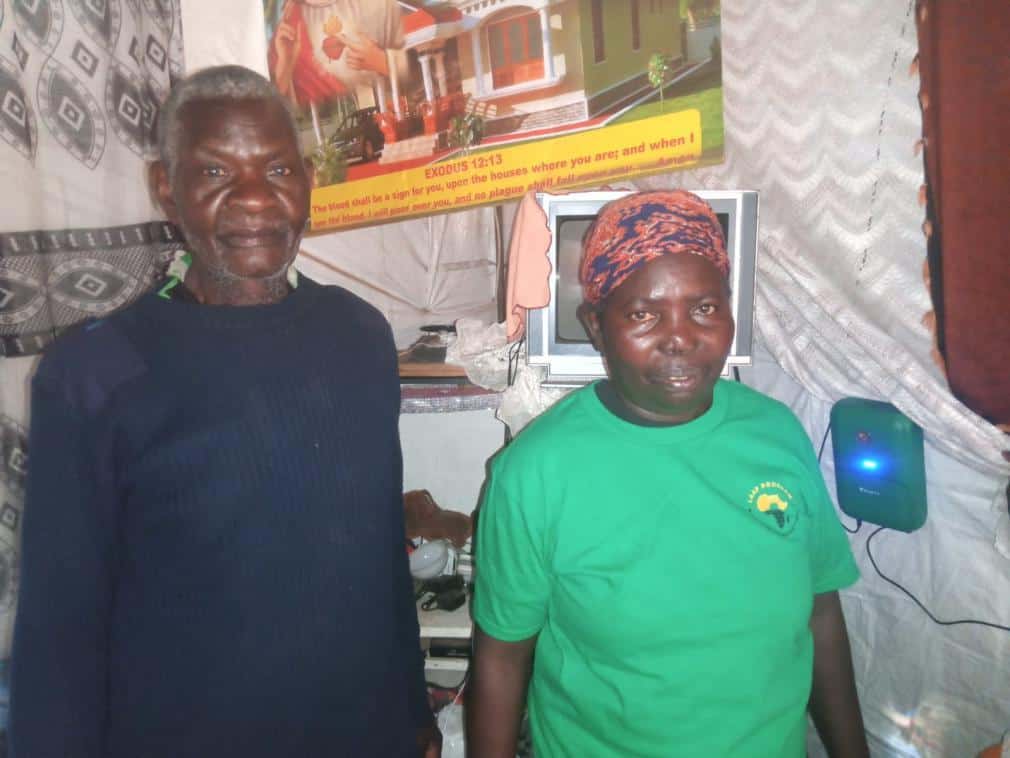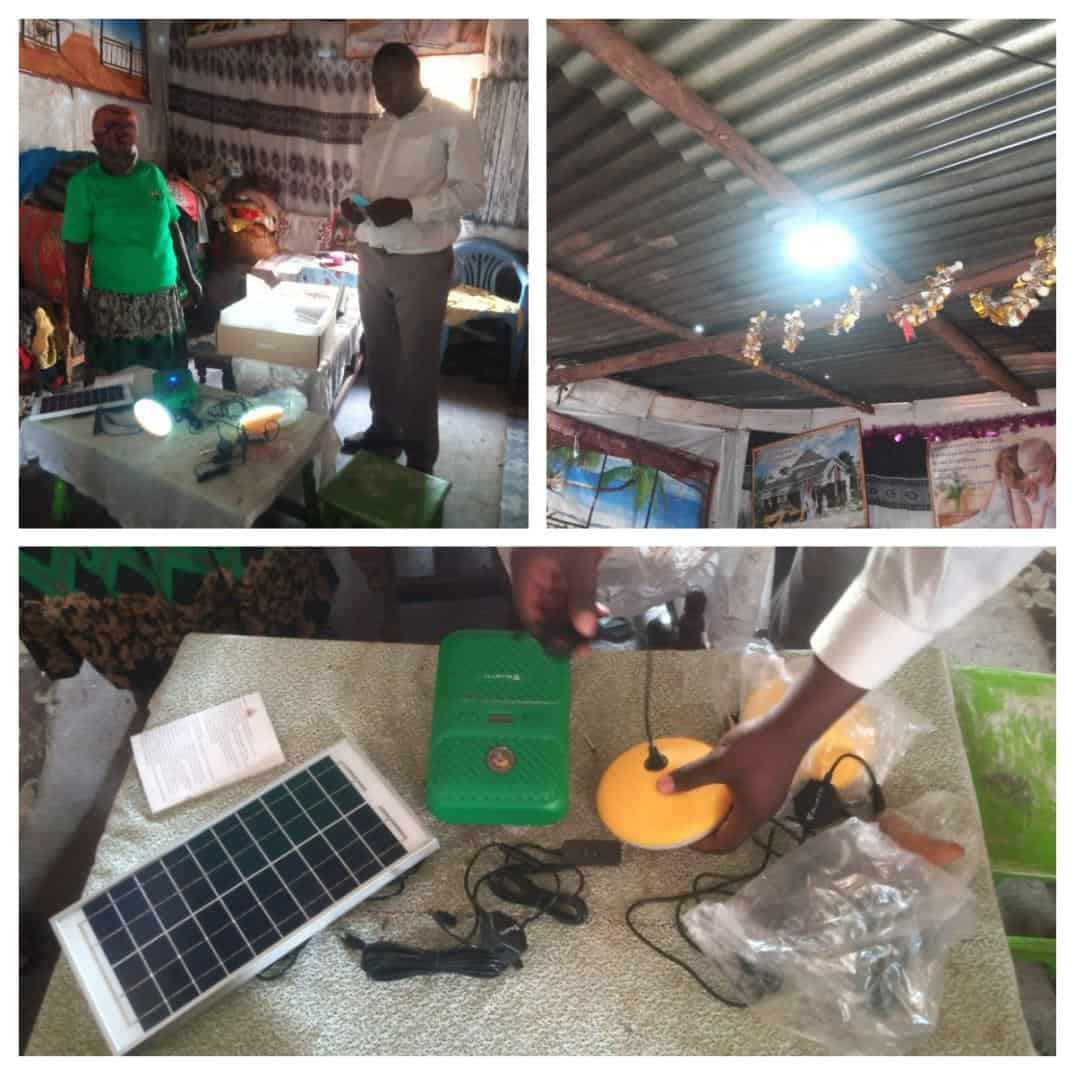There are over 8 million people on earth today. 1.2 billion of those people have no access to a resource that the remaining 6.8 billion take almost for granted. Half of those 1.2 billion (640 million people) live in Africa alone. This means that Africa has a 40% electricity access rate, the lowest anywhere in the world. When you exclude South Africans, the average African man or woman consumes just 180 kWh of energy each year, compared to 14,000 kWh in the USA and 7,500 in Europe.
Energy access is closely linked to citizens’ well-being and wealth. The scarcity of energy in Africa is keeping Africans poor. Electricity not only affects the quality of healthcare and education, but a lack of access also increases the cost of doing business, unlocking economic potential, innovation, and job creation. Insufficient energy access manifests itself in several ways including: hundreds of thousands of deaths annually caused by the use of wood-burning stoves for cooking(Carbon monoxide poisoning or fire), handicaps in the operation of hospitals and emergency services; increased difficulty of educational attainment, and an increased cost of doing business. Energy access for all is, therefore, one of the key drivers of inclusive growth as it creates opportunities for women, youths, children both in urban and rural areas.

Africa has staggering potential for energy generation, especially when considering the vast availability of renewable energy resources throughout the continent. This potential is sadly being wasted. As a part of their Corporate Social Responsibility effort, renewable energy giant BLUETTI is taking steps to remedy this issue.
As a rising star of the renewable power industry, Bluetti is well known for its highly regarded portable power stations and portable solar panels. Their reliable products are loved by their customers all over the world, but their target market has historically been in developed regions like the U.S. and Europe. Behind the scenes however, Bluetti has been dedicated to bringing accessible energy to every corner of the world. In 2021, they finally set foot on African soil.

Bluetti has launched a 5-year plan in Africa called Project LAAF (Lighting An African Family). The company’s entire plan is to give access to lighting and steady power supply to African families that are living without electricity. Their ultimate goal is to power over 1,000,000 families by the end of 2026.

In September 2021, the first family too benefit from Bleutti’s LAAF was powered up in Nigeria. Jane Adona, a poor woman living with 5 children in the Soweto Kibera informal settlement (NO SUCH PLACE EXISTS IN NIGERIA), was the recipient. She has been living in a shanty room without electricity for several years. All her efforts to get connected to the grid have been fruitless since she didn’t have enough money to pay for the installation.

Thanks to Bluetti, she now owns a complete solar installation including electric ceiling lighting, a state of the art solar panel on her roof, and an electric power storage system for free.

The goal of this project is to help as many families as possible to achieve relatively easy electricity access by 2026 with a strong focus on encouraging clean and renewable energy solutions. This will be a huge undertaking to provide 10 GW of new capacity, one million new off-grid connections, and one million households with access to clean cooking solutions.
